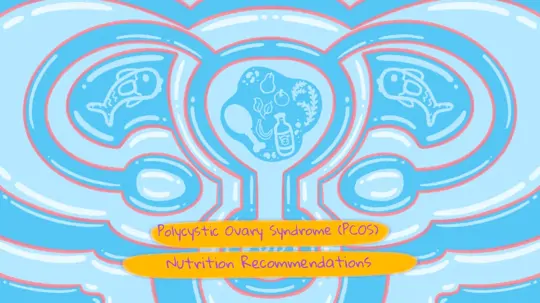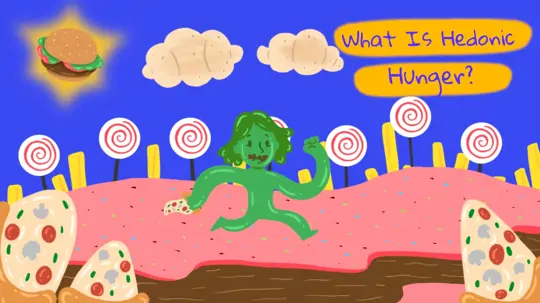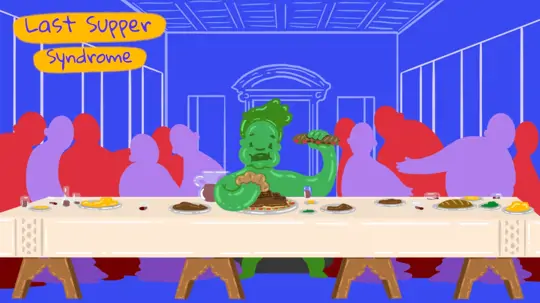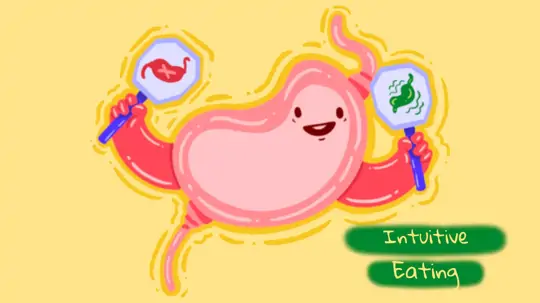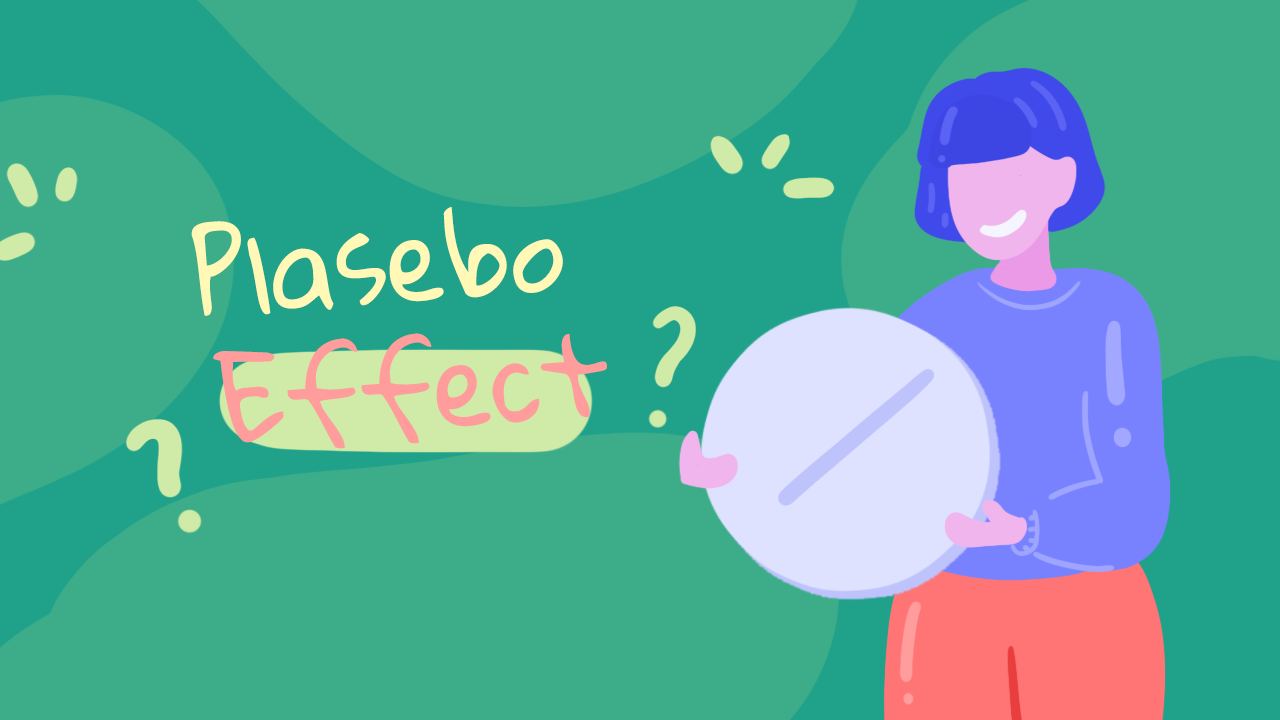
Start feeling better today!
Connect with your therapist today and take control of your life like our 850.000 happy clients.
Get StartedIntroduction to Placebo
One of the many amazing characteristics of the human mind is the placebo effect. Although it may appear paradoxical to try to understand the mind using the miracles of the human mind, it is actually a practical approach.
For most of us, exploring the untouched chambers of the mind every day, seeing the effects it can produce, and knowing that we have this wonderful organ that excites us so much must be a fascinating feeling. Let's take a closer look at this drop of water waiting to be discovered in the ocean of mind!
What is the Placebo Effect?
The placebo effect occurs when a person believes that a fictitious drug with no pharmacological effect is effective and cures them. In general, placebo is a medical and psychological term that describes a person's recovery by believing that he or she has received a treatment when, in fact, they have not.
Although its origins as a phenomenon can be traced back to the 18th century, Henry K. Beecher's 1955 article "The Powerful Placebo" established it as a modern phenomenon.
Placebo, which has no real therapeutic effect, gains strength from the patient's belief that the drugs have completely cured him and that he will recover. This situation demonstrates the importance of beliefs in human life.
These effects are not limited to belief and can have an impact on our brain chemistry. Physiological changes can be used to support a positive answer to the question of whether the placebo effect exists.
The Effects of Placebo on Our Brain
Consider a study of people suffering from depression to demonstrate the effect of a placebo on the human brain using scientific research. The researchers discovered that some people experience the placebo effect and that this experience affects their brain activity as a result of the study.
The study found that people in the placebo group—those who did not take the actual drug—had increased activity in brain regions involved in emotion and stress regulation. Members of this group who were not treated changed their brain chemistry for the better, believing they would only get better.
This effect not only improved the day, but it also increased the benefit participants would receive from actual future drug treatments! At the end of the study, it was discovered that people with increased activity in the relevant brain regions had a better response to the antidepressants used3.
What is a Placebo Drug?
A placebo drug is a substance or medical procedure that appears to be a genuine treatment but has no effect on the disease or health condition. In fact, it is a sham treatment provided for experimental or other reasons1.

Placebo in Psychology Experiments
In psychology experiments, researchers use a placebo group of participants, and then compare the effect of the placebo treatment (the placebo group) to the results of the experimental group2.
For some people, placebos can have a positive or negative effect on symptoms, albeit for a short time. A very large part of the placebo effect in psychology is dependent on the expectations of the person1.
Is a Placebo Drug Ethical?
The ethicality of the placebo drug, which is frequently used in psychology and medicine experiments, is a hotly debated topic. Those who argue that it is unethical say that tricking experiment participants by administering a treatment that does not work when there is a real cure is unethical.
Scientific researchers, on the other hand, claim that a placebo administration is required to ensure the effectiveness of the intervention used in their studies.
Fortunately, the question of whether a placebo is ethical or not is settled. Although a placebo was administered during the research process, participants are informed that they have been randomly assigned to the placebo group as soon as the data collection process is complete, and placebo participants are given access to the actual treatment or intervention.
The Other Side of the Placebo: The Nocebo Effect
The nocebo effect describes the situation in which a person's negative beliefs about a treatment become self-fulfilling. The presence of various side effects when a completely ineffective placebo pill is given in place of the real drug is an example of the nocebo effect. Aside from this classic example, examples can be found in everyday life.
The nocebo effect is responsible for the complications and side effects that a person experiences when they believe they are receiving treatment when they are not1.
As a result, the nocebo effect is the inverse of the placebo effect. As an example, suppose we are baristas. A customer who avoids lactose-containing milk because it causes stomach upset.
Assume we prepare the coffee order with lactose-free milk, but when it is time to serve, we say, "You have one regular milk coffee ready," and the customer do not reject it out of politeness. We can say that our customer is experiencing the nocebo effect if their stomach begins to hurt or they feel nauseous.
As a result, the nocebo effect is a psychological phenomenon that states that beliefs and expectations can cause negative as well as positive results.
Is the Placebo Effect Real? Or is it a "Trick" of Our Mind?
The placebo effect, as surprising as it may be, is a scientifically proven phenomenon. It has been demonstrated repeatedly in studies of a wide range of health conditions1.
Despite the fact that they do not contain a true cure, placebos can have both physical and psychological effects, and these changes are real. Apart from changes in brain activity, participants in placebo groups were found to experience the following physiological changes in psychology experiments2:
- Heart rate
- Blood pressure
- Anxiety level
- Perception of pain
- Physical exhaustion
It may come as a surprise to learn that the placebo effect is not restricted to personal self-reports of pain, mood, or attitude. A study of asthma patients, for example, found that patients who received a placebo drug had less bronchial constriction.
All of the effects mentioned above point to the role of the mind in health and well-being2, 4. Finally, studies have shown that placebos are also effective in the following conditions5:
- Nausea
- Erectile dysfunction (inability to get an erection)
- Speed
- Strength
- Resilience
- Focus
- Phobia
What Is The Placebo Effect Not?
The placebo effect is not a case of cheating or self-deception4. The placebo effect is more than just positive thinking; it is believing that a treatment or procedure will work, and it is more than just positive thinking6.
Although hoping for recovery may be the best medicine in some cases, placebo is not a real treatment. Placebos cannot cure disease; they can only alleviate symptoms and make you feel better1.

How Does the Placebo Work?
A complex neurobiological reaction is at work, involving an increase in feel-good chemicals like endorphins and dopamine, as well as an increase in activity in brain regions associated with mood, emotional responses, and self-awareness. All of these have the potential to be healing.
Furthermore, Professor Ted Kaptchuk, who conducts research on the subject, believes that the placebo effect is our brain's way of communicating to our bodies what it requires to feel better6.
However, we can gain a better understanding of how this effect works by describing the context in which the placebo effect represents the incredible connection between mind and body.
Let's start with a type of learning known as classical conditioning. This occurs when we associate something with a specific response. Because learned associations can influence behavior, they may also contribute to the placebo effect. For example, if you become ill after eating a particular food, you may begin to associate that food with becoming ill and, as a result, avoid that food.
Similarly, you can report pain relief when you take a placebo pill that is similar to the real drug because you associate the medication you take for a headache with pain relief over time3.
The Power of Coffee or the Placebo Effect?
Are you one of those who say I can't wake up without drinking coffee?
This sentence is very likely to be heard from both those who love coffee and drink it because they believe that if they start their day with it, their day will be pleasant and energetic, and those who consume it only to wake up and give them vigor, despite the fact that they have little to do with coffee.
Consider a cup of coffee in your hand as you wake up in the morning, regardless of which group you belong to. Have you ever felt better and fresher after taking a sip of coffee, or had your eyes open? However, it takes time for the caffeine in coffee to mix with the blood and have an effect.
As a result, we can say that the immediate relief you feel from the first sip of that coffee, thinking it will be good, is a placebo effect. When you think about it, you might realize that you've had similar experiences in your everyday life.
Of course, as we mentioned at the outset, your "expectations" can also influence your perception. So, if you believe that a medication will make you feel better, you may feel better after taking it3.
Similarly, if your expectations are this way, even a sip of coffee can focus your attention and fill you with energy. With the placebo effect, a cup of coffee consumed as a ritual at the start of the day can improve the rest of your day.
Along with all of this, it is worth noting that research into how and why the placebo works is ongoing.
The Link Between Sleep and the Placebo Effect
You've probably heard that the link between sleep and cognitive performance is widely accepted. Furthermore, a person's beliefs about the quality of their sleep can influence their cognitive performance.
According to studies, people may perform worse if they believe they are sleeping insufficiently or poorly, whereas they may perform better if they believe they are getting a good night's sleep1.
Placebo Effect in Psychotherapy
The toolbox of psychotherapists contains a large collection of empirical information, and the functioning of this professional process is shaped by the results of long-term scientific studies.
However, the work and experience of the field's masters has revealed which techniques and methods work best for which problems. However, the most recent rigorous and long-term studies show that the quality of the therapist-client relationship is the primary healing factor in psychotherapy7.
The individual's perspective on the psychotherapy process, his expectations from the process, and his belief in recovery can be influenced by how trust in the therapist and the relationship with him are perceived, as well as any effect they have on the person. As a result, the placebo effect appears to play a role in the effectiveness of psychotherapy, albeit only partially7.
It is critical to emphasize that the therapist-client relationship we are discussing here, which is established in a professional context and referred to as the therapeutic alliance, is very different from everyday social relationships.
Furthermore, aside from its role in psychotherapy, the placebo effect can be said to be an important part of various recovery processes (parkinsonism, chronic pain, etc.). Belief in treatment or recovery can improve the effectiveness of the process for many patients4.
Don't you think the parts that our perspective, expectations, beliefs, and hopes affect, as well as the outcomes they produce, are fascinating?
Create Your Own Placebo Effect!
As stated in the article, the effect of a placebo is determined by the individual's expectations and suggestive strength. As we ask you to consider examples, research has shown that environmental conditions, like drugs, can be effective.
Looking at certain colors-landscapes, smelling certain odors, and other sensory stimuli can cause an increase in their mood, well-being, creativity, and mental performance if they expect these effects8.
To summarize the examples, the placebo effect plays a role in improving mood, increasing energy, and developing good habits5. So, in everyday life, is it possible to use the power of a placebo "on your own"? Of course, since it's not magic, yes!
4 Tips to Benefit From the Power of Placebo5
- Pretending
- Focusing on What Works
- Establishing a Causal Relationship
- Creating Detailed Rituals
Pretending
You can act as if you're looking forward to anything that appears to be a workload, even if it's only for a few minutes. Pretending is an effective technique that is also used in psychotherapy.
On a night when you're bored enough to count the stars in a closed sky, you can pretend to be amazed by the scenery you see, and perhaps draw your own stars in the sky at the same time. As unbelievable as it may sound, this strategy has the potential to alter your expectations.
Focusing on What Works
While it is critical to recognize and manage negative emotions, we may tend to focus on the negative. In this case, by deliberately shifting your focus to the positive, we can assist you in determining what works best for you.
Establishing a Causal Relationship
When it comes to the placebo study, we can say that it reveals the extent to which our beliefs shape our reality. So one way to tap into this power is to deepen or clarify your beliefs about why what you do matters.
Find out why you do what you do, what you produce or create, your training rituals, or the time you spend with your loved ones are important. Allow time for it. The responses can be extremely motivating.
Creating Detailed Rituals
Another approach could be to use classical conditioning to shape yourself into unconscious associations. For example, if you have trouble falling asleep, spray the air with a relaxing scent just before going to bed and repeat until the scent makes you drowsy.
The more detailed the placebo, the stronger the effect, so for the best results, elaborate and make your rituals extraordinary. Adding soothing music or a special pillow to the previous example can help you sleep faster.
Prescribing Yourself a Magical "Medicine"
Do you believe you could prescribe yourself a placebo to achieve the desired result? Yes, it's intriguing, but it's also quite effective. How does it work?
For a specific occasion, you can specify something to eat, drink, make, or wear (that is safe). For example, instead of a bandana to wear in your hair, you could take a walnut "focus" pill or a "creativity" pill! Repeatedly matching action with intention can act as a placebo.
Conclusion
To summarize, while placebos are not a replacement for validated interventions, they are an important indicator of our minds' enormous potential, and it can be recognized that the placebo effect has a useful place in many aspects of our daily lives.
While we may feel dependent on external factors (shopping, cosmetics, various supplements, etc.) for happiness, motivation, and well-being at times, placebos serve as a reminder of how powerful the power within us is.
It should not be forgotten that the existence of our mind is an investment that cannot be bought with any power but will bring us priceless things if we "believe". If you wish, you can start investing in your mind and happiness with our expert therapists today.
Sources
- Psychology Today | Placebo
- Verywell Mind | What Is the Placebo Effect?
- Healthline | What Is the Placebo Effect and Is It Real?
- Psychology Today | The Placebo Effect: How It Works
- Psychology Today | Mind Over Matter: The Power of Placebo
- Harvard Health | The Power of the Placebo Effect
- Psychology Today | Is Psychotherapy a Placebo?
- Psychology Today | Give a Placebo a Try
